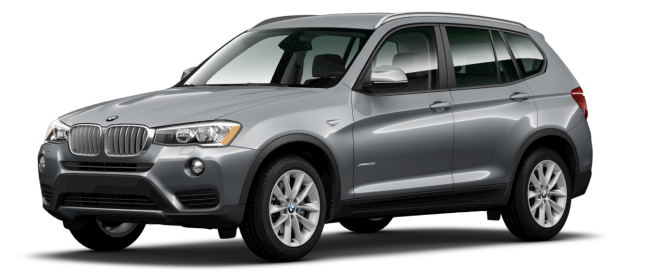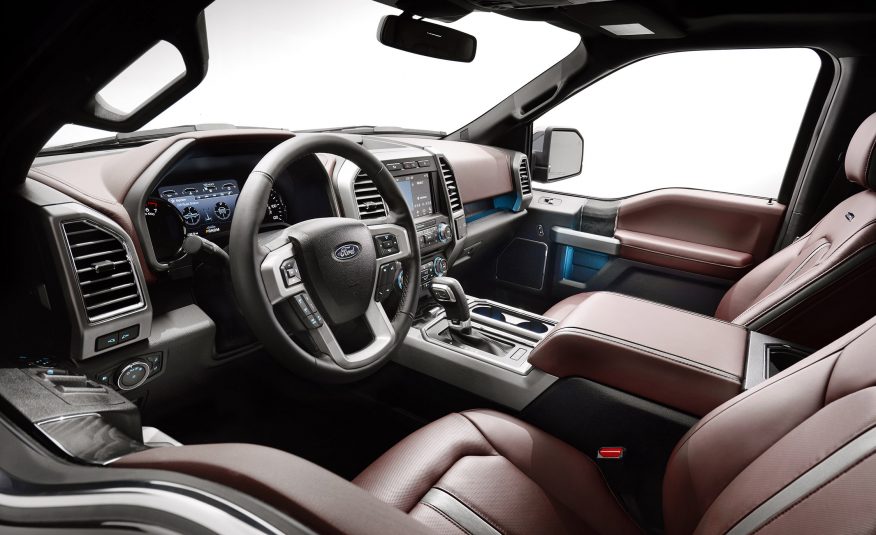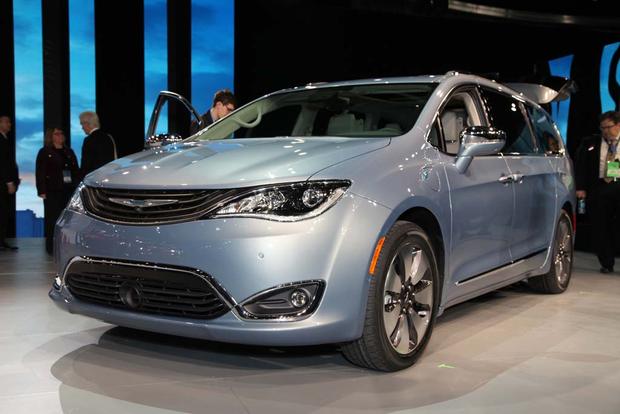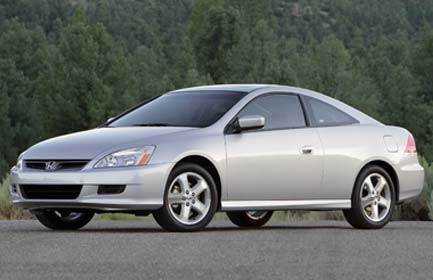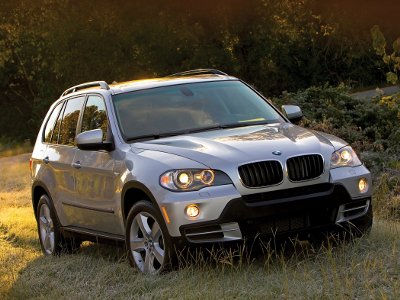-
2018 Buick Enclave “Avenir” will have ionic air purifier - April 12, 2017
-
Lease a Luxury Car for Less Than You Think - April 5, 2017
-
Shopping for a Car When Your Credit is Low - March 31, 2017
-
Aston Martin Closer to Unveiling Second-Generation Vantage - March 21, 2017
-
2017 Bentley Bentayga SUV: Offroad for $238,000 and Up - March 14, 2017
-
Pagani Huayra is Finally Here, Only $2.4M - March 9, 2017
-
Mercedes AMG E63 – For When Your Wagon Needs Drift - February 6, 2017
-
2018 Audi Q5 SUV: Enhanced Performance - January 30, 2017
-
2018 Toyota Camry Due in Late Summer - January 27, 2017
-
2018 Dodge Challenger SRT Demon Will Outstrip Hellcat - January 23, 2017
Buying a Car Online Tips
Most car shoppers dread going to a car dealership, encountering some less-than-honest salespeople, then being thrown in the “box” (the sales manager’s office) to be sold additional warranties and paint protection services that may not be necessary but add big profit to the dealership.
Why can’t shoppers just go online and buy a car and avoid the dealership altogether, especially if they already know what car they want? If they’ve already done their research and test-drove the car, they can just skip the dealership part of the process, right? Car shoppers can do just that, but they have to watch out for important factors to make sure they don’t get ripped-off.
Buying a car online has become quite popular recently and sites like eBay, Craigslist, CarMax, AutoTrader and CarsDirect all offer this kind of purchasing. So how do you know if the car works properly, if the picture really represents what the car looks like in person and if the site you are using isn’t scamming you out of your money?
Bankrate.com has listed four tips for buying vehicles online. Overall, they suggest that shoppers do as much research on the vehicle as possible. Also, another important suggestion is to find out who is on the other end taking your money, as there are a lot of scams on the Internet.
Bankrate’s 4 tips for buying cars online:
1. Check out the seller.
It’s a common fear when shopping online: You find the car of your dreams and send off a deposit. Then, the seller vanishes.
The secret to success when shopping for a car online is doing business with someone who is reputable, whether it’s an automobile dealership or an individual via the Web.
Once you see a vehicle you’re interested in, e-mail the seller and ask to see the car in person.
It doesn’t matter if you don’t intend to follow through with a scouting trip — the point of asking is to see if a seller turns you down or is eager to make time for you.
"If you get any resistance, it’s a fraud," says Jeff Ostroff, founder and editor of the consumer Web site CarBuyingTips.com. "There’s no vehicle for sale."
2. Research your choice.
When shopping online, your best protection is your own due diligence.
"Trust but verify," Ostroff says.
To get a full read on a vehicle’s history and determine its overall condition, start with its vehicle identification number. The VIN identifies the vehicle and is the key to unlocking its history.
Once you get the VIN, order a report on the vehicle from companies like CARFAX and AutoCheck that will reveal important details about the car.
Such details include whether the car has been in an accident or a flood, if the airbag has been deployed, previous odometer readings (important to be sure it hasn’t been rolled back) and even if the car’s been resalvaged.
Then, get a mechanic to look at the car on your behalf.
3. Don’t assume dealers are better.
Often, buyers feel more comfortable purchasing cars online from established dealers than from an individual.
However, such faith may go unrewarded, says Mitch Turck, a consultant at DealerDNA, an automotive e-commerce solutions provider in New York.
Even with an established dealer, you could well lose your deposit or lose out on the car of your dreams.
"A deposit should give you the so-called first right of refusal to change your mind, recoup your cash, and walk away from the deal, but that’s not how it works," Turck says. "If a guy walks in and buys the car between the time you made a deposit and you getting there to pick the car up, it can be sold."
What’s more, there’s no guarantee your deposit will be refundable, Turck says. In some cases, dealerships "will try to keep the money" or get you to purchase a different car.
Sometimes, a trail of e-mails can help bolster your claim. E-mails are not contracts — for that, you’ll need a final financial contract. However, e-mails can act like a buyer’s order, the document that spells out the car you intend to buy and agreed-on price.
As a result, e-mails give you more power to get a deposit back, says Turck.
4. Play it safe when paying.
When it comes time to make a deposit, play it safe. Never send a check or make a wire transfer. Your money will be irretrievable once a check has been cashed or a money order has been collected.
Instead, make payments over a secured browser — look for a lock icon in the address bar and a URL that starts with "https." More importantly, pay with a credit card, which will protect you against fraud.
If you don’t get the vehicle promised — either because a fraudulent seller stole your money or a dealer sold it to someone else — you can turn to credit card companies to help get your money back.
PayPal is another safe payment option. Use it to draw money from a credit card and to make your deposit to a seller. The maximum you can spend using a PayPal account is $4,000 for one-time single transactions and up to $10,000 for PayPal members.

